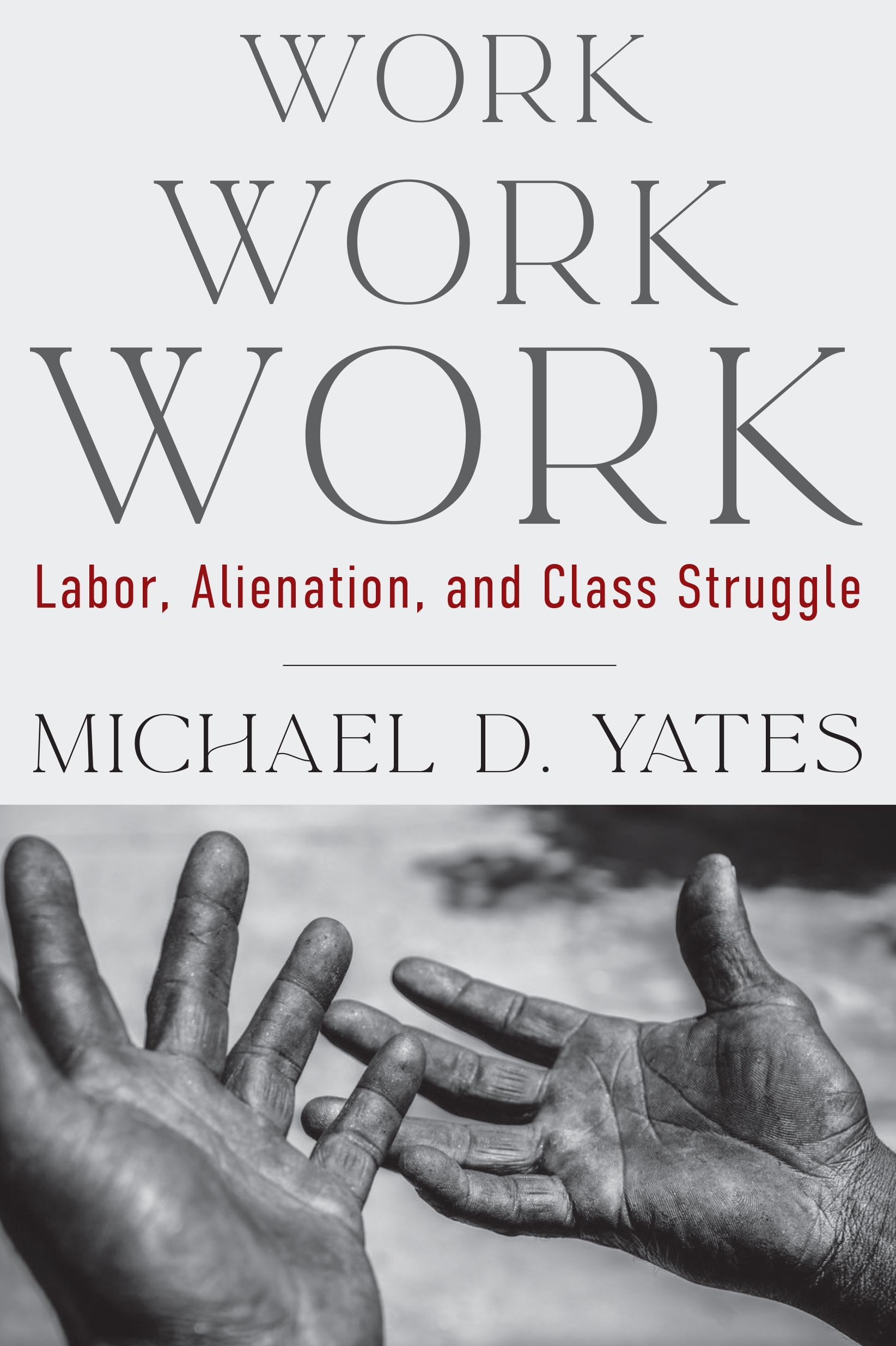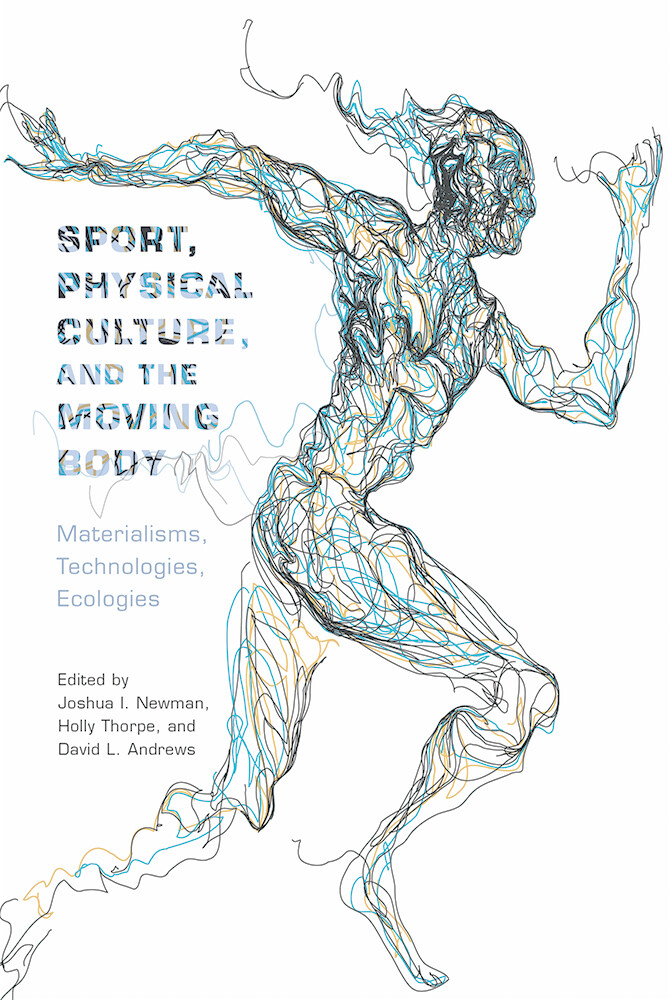Today the world’s largest economies and corporations trade in data and its products to generate value in new disruptive markets. Within these markets vast streams of data are often inaccessible or untapped and controlled by powerful monopolies. Counter to this exclusive use of data is a promising world-wide “open-data” movement, promoting freely accessible information to share, reuse and redistribute. The provision and application of open data has enormous potential to transform exclusive, technocratic “smart cities” into inclusive and responsive “open-cities”. This book argues that those who contribute urban data should benefit from its production. Like the city itself, the information landscape is a public asset produced through collective effort, attention, and resources. People produce data through their engagement with the city, creating digital footprints through social medial, mobility applications, and city sensors. By opening up data there is potential to generate greater value by supporting unforeseen collaborations, spontaneous urban innovations and solutions, and improved decision-making insights. Yet achieving more open cities is made challenging by conflicting desires for urban anonymity, sociability, privacy and transparency. This book engages with these issues through a variety of critical perspectives, and presents strategies, tools and case studies that enable this transformation.












